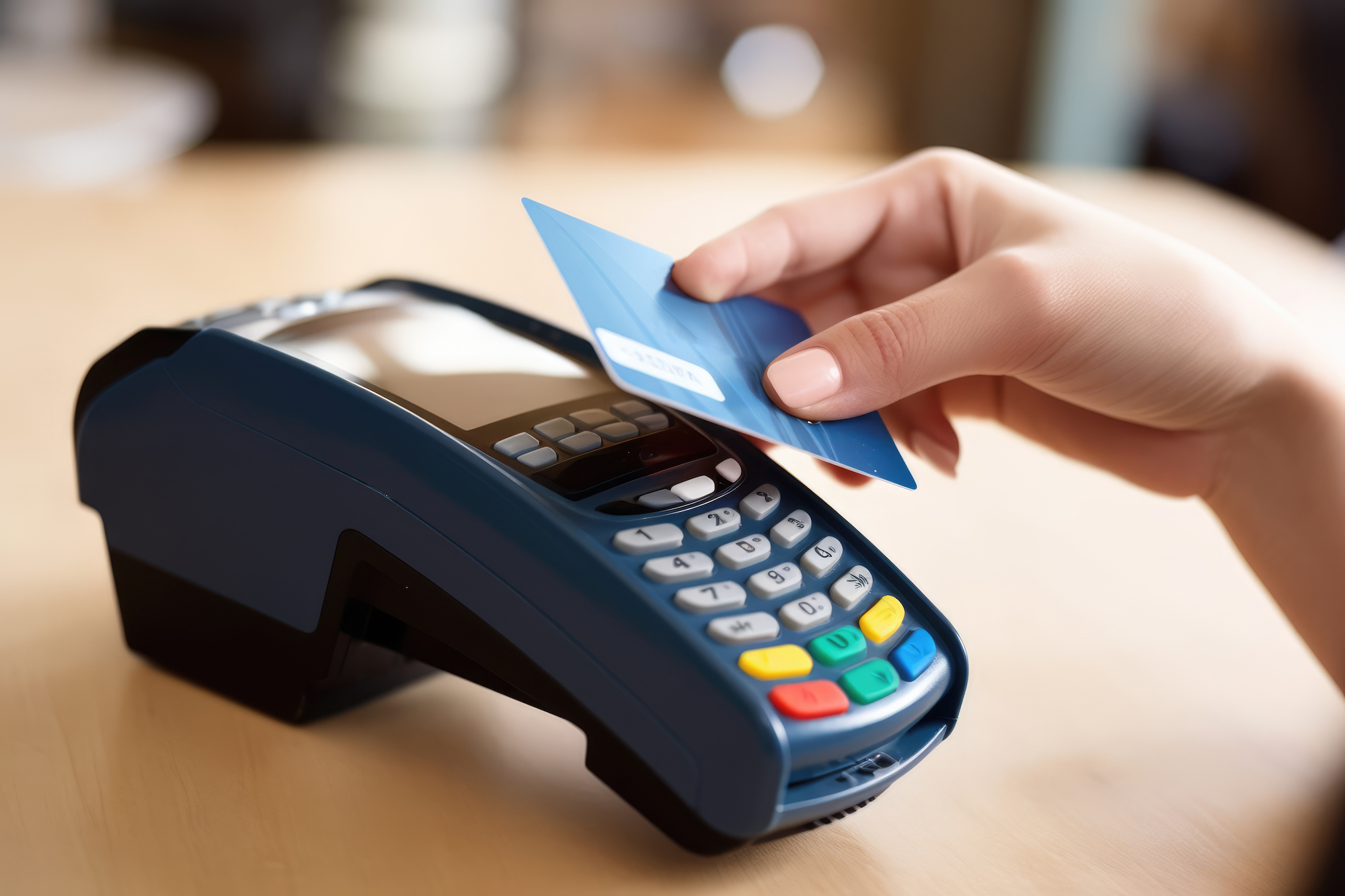A high-risk merchant account is required if you operate an online business with a high risk of chargebacks. But what exactly is a high-risk merchant account, and why do you need one?
There are only some businesses that can thrive without a proper method of payment processing. Whether your company is entirely online or has a physical location in a small town, cash is no longer the king when it comes to customer payments. You must be able to accept a variety of alternative payment methods to meet your customers’ needs.
However, being tagged as a high-risk merchant account can disrupt your plans of accepting credit cards and any other modes of payment.
What Is a High-Risk Business Account?
A high-risk merchant account is a payment processing account for companies that banks consider high-risk business. Since high-risk companies are more likely to experience chargebacks, they must pay higher rates for merchant services.
Why Do You Need a High-Risk Merchant Account?
It Has a Smooth Set-Up Process
Opening a high-risk business account is very easy and effortless to launch. Many businesses, especially those that provide various services, find this to be an appealing choice. The process is usually completed online, and mostly the application is accepted within 24 hours, allowing the business to launch as soon as possible and run quickly.
You Own a High-Risk Business
When it is about payment processing, if you are someone who owns a high-risk business, it can be challenging to get approval from a merchant account. There are various reasons why your company may fall into the high-risk category, such as frauds, history of chargebacks, or bad credit.
So if your business is considered high risk, you may find it challenging to find a financial company to handle your payments. This is when you will need to sign up for high-risk merchant account services.
You Want to Expand Your Business
If you are keen to expand your business, an advantage can be taken off the high-risk payment processors. The low-risk processors have limits in spending money and in currency. This can stifle growth.
The prospect of selling to more places—and in multiple currencies—can make high-risk merchant accounts seem enticing on their own. It also adds in the prospect of selling to more places which makes the revenue possibilities endless.
You Get a Lot of Chargebacks
Generally, a fee is charged to the merchant for each chargeback, which covers the service’s operating costs. A company undertaking high-risk payment processing, on the other hand, would charge significantly higher fees for each transaction. Furthermore, if the merchant is already in a high-risk market with a high rate of chargebacks, the costs will rise even more.
While the merchant will have to pay higher rates, its long-term profitability and competitiveness are not compromised.
You Want to Be Secure
When owning a high-risk business, it necessitates you to be very cautious with payment processing. High-risk merchant services will regularly use reliable and consistent detection techniques during the transaction process to determine whether the card used and the transaction is done in general is legitimate. These safe practices help keep the company, the merchant provider, and the card’s original owner safe from identity theft and fraud.
You Are Willing to Earn More
When your payment processing is backed up with a high-risk merchant account, you may be able to find a potential and sustainable source that is long-term for your business’s growth. Some merchants rely on recurring payments or big transactions to take their business to the next level through a constant income flow. You can continue to use such a business model with the help of a high-risk merchant service provider.
You Have Had Hard Financial Time in The Past
Some companies have seen a financial downfall and are suffering from a massive amount of debts. If you own such a company, then a high-risk merchant account is for you.
High-risk merchant accounts are intended to assist businesses in regaining financial stability when other, more conventional financial sources are unavailable. Many companies see it as a second chance to get back on track and start making money again.
Target Volume of Profit Is Not Taken into Consideration
In traditional merchant accounts, this is very popular. Since companies are volatile, they cannot guarantee a steady monthly revenue. On the other side, banks associate an account with stable finances, which does not happen to everybody. High-risk merchants can trade freely because a monthly volume target does not restrict them. These high-risk accounts are extremely beneficial to subscription and recurring merchants.
Allows You to Accept Variety of Modes of Payment
High-risk merchant accounts give you the flexibility of different types of payment processing. It is highly beneficial for companies to provide their customers a range of payment methods.
Not only that, but these accounts also safeguard the business from consumers who want to defraud it by using bad checks or fraudulent credit cards.
Final Thoughts
Keep this in mind: High-risk businesses require a company that can support and comprehend the challenges they are going to face daily. In case you decide to apply for your business by switching to a high-risk merchant account, it may offer various benefits.
Here are some of them.
Reduced risk of account termination
If you go for a high-risk merchant account, a temporary higher number of chargebacks or a sudden increase in transaction volume will not put you at risk of account termination as with the standard processors.
Protects your company from frauds and encourage heightened chargeback
By employing high-risk processors, you can execute the best security measures available to protect your business from fraud. It even encourages heightened chargeback.
Helps you to get a chance to enter international markets
You might find this interesting: Standard payment processors always make you stay away from overseas transactions and multiple currencies. On the other hand, high-risk processors make it easier for businesses to enter international markets.
So, when do you plan to switch to a high-risk merchant account?




